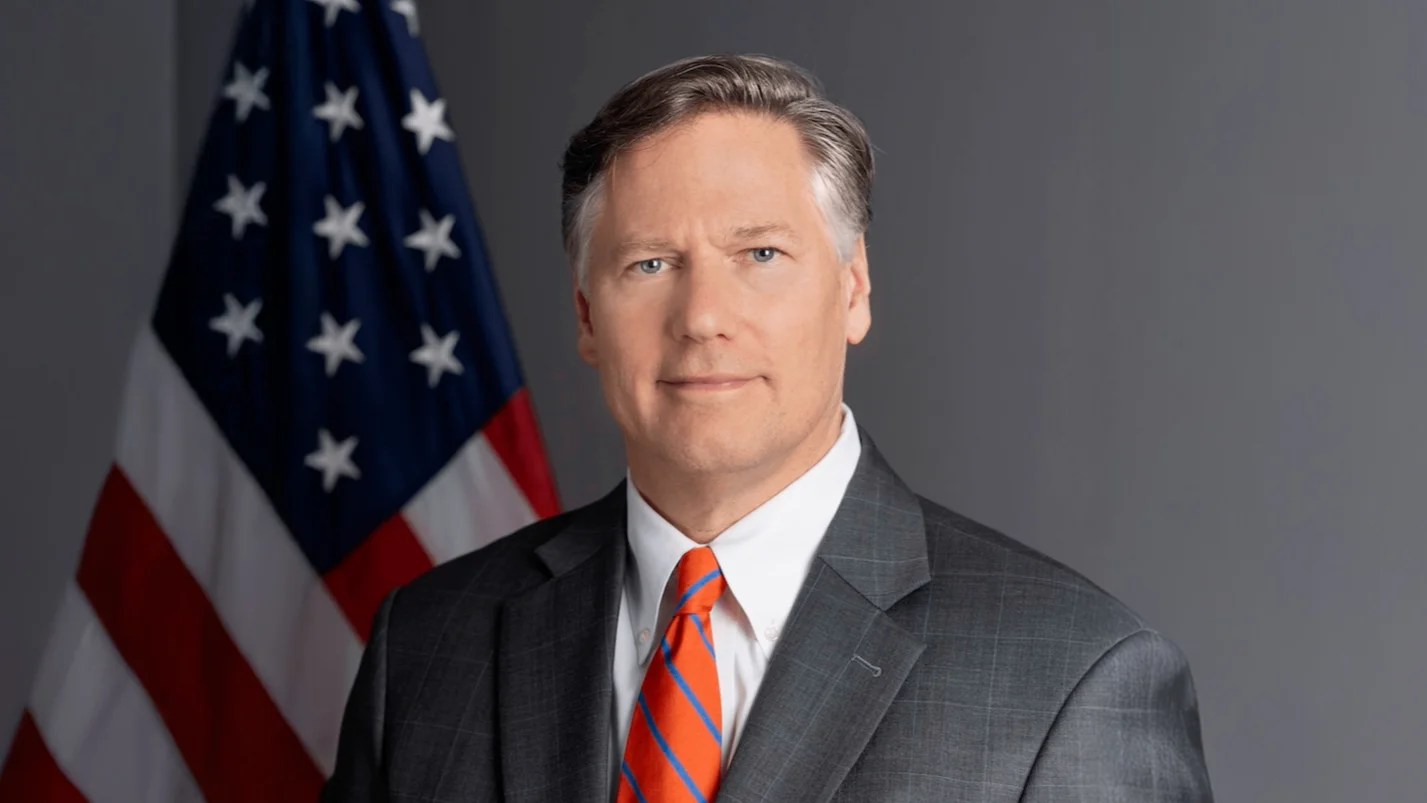On November 8, Deputy Secretary Christopher Landau led the U.S. Presidential Delegation to the inauguration of Bolivian President Rodrigo Paz. During the event, Landau emphasized the intention to strengthen ties between the United States and Bolivia.
Landau stated, "With the election of President Paz, the United States and Bolivia are poised to start a new chapter in our countries’ 176-year partnership." He also said, "a renewed U.S.-Bolivia relationship can be a cornerstone of joint economic prosperity, people-to-people ties, and security cooperation that brings benefits to the peoples of the United States and Bolivia."
Several initiatives were announced at the inauguration. The U.S. International Development Finance Corporation (DFC) CEO Ben Black and U.S. Export-Import Bank (EXIM) President and Chairman John Jovanovic declared that both agencies are now seeking new trade and investment opportunities in Bolivia. Additionally, experts from DFC, EXIM, the U.S. Trade and Development Agency, and the State Department will travel to Bolivia to pursue commercial deals across different sectors aimed at private sector-led growth.
The bilateral Trade and Investment Council will be re-launched to advance mutual priorities, with a Joint Deal Team created to identify two-way investment opportunities.
In efforts to improve people-to-people connections, President Paz announced plans to eliminate visa requirements for U.S. tourism and business travel. Both countries intend to negotiate a U.S. Open Skies Agreement to boost air travel between them. President Paz also approved a license for Starlink’s operation in Bolivia, aiming for widespread internet access throughout the country.
President Paz acknowledged past contributions by Peace Corps volunteers in Bolivia and expressed plans for their return. The United States intends to reopen an American Space in La Paz in early 2026 after its closure ten years ago.
Regarding public safety collaboration, Deputy Secretary Landau announced a donation of $700,000 worth of HIV antiretroviral medication and testing kits through PEPFAR. He added that assistance would be provided—pending congressional approval—to help improve citizen security in Bolivia.
Both leaders showed interest in concluding an agreement on safe civilian nuclear collaboration.





